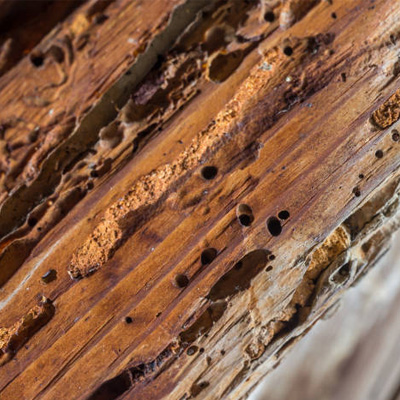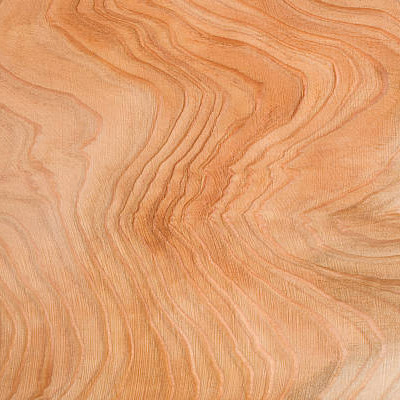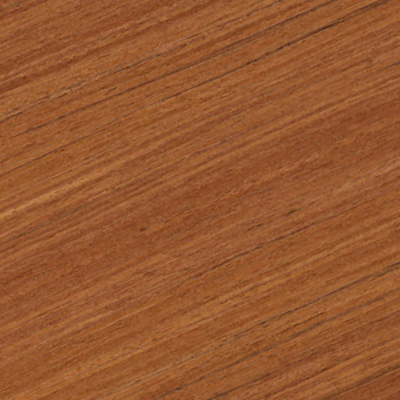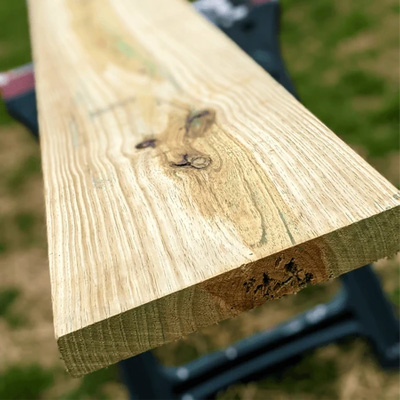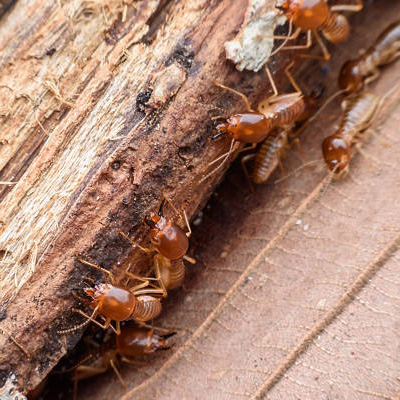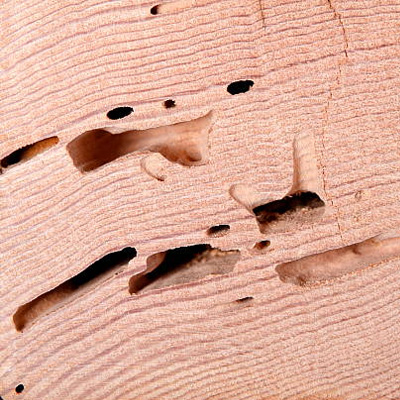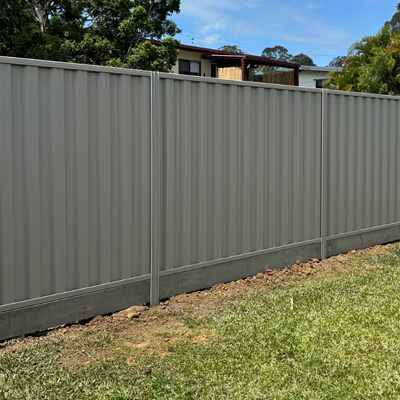Cedar
Cedar is renowned for its natural oils and resins, which act as a deterrent to termites and other insects. This wood offers durability and resists decay and rot, making it an excellent choice for fencing. The rich color and pleasant aroma of cedar add aesthetic appeal to your property, enhancing its overall value. While cedar is moderately priced, it may be slightly more expensive than some other softwoods. To maintain its vibrant color and prolong its lifespan, regular sealing is recommended.
Redwood
Redwood possesses natural tannins and a dense structure that make it unappealing to termites. Its inherent resistance to pests and decay ensures longevity when properly cared for. Redwood is admired for its attractive grain and rich hues, which age gracefully over time. However, redwood tends to be more expensive due to limited availability, and sourcing it from certified sustainable forests is crucial for environmental responsibility.
Cypress
Cypress contains cypretine oil, a natural compound that repels termites and slows decay. This wood offers versatility, suitable for various fence styles, and provides a natural, rustic look that can enhance your property’s aesthetic. Availability of cypress may vary by region, potentially affecting its cost. Additionally, cypress tends to lighten over time without treatment, so applying a sealant can help preserve its original color and extend its durability.
Teak
Teak is highly regarded for its exceptional resistance to termites and environmental elements. This hardwood boasts a dense grain and natural oils that provide durability with minimal maintenance. Teak’s rich golden-brown color adds a touch of luxury to any property and can be preserved with regular oiling. The primary consideration with teak is its premium price point, reflecting its high quality and longevity. Its heavier weight may also require more robust support structures during installation.

